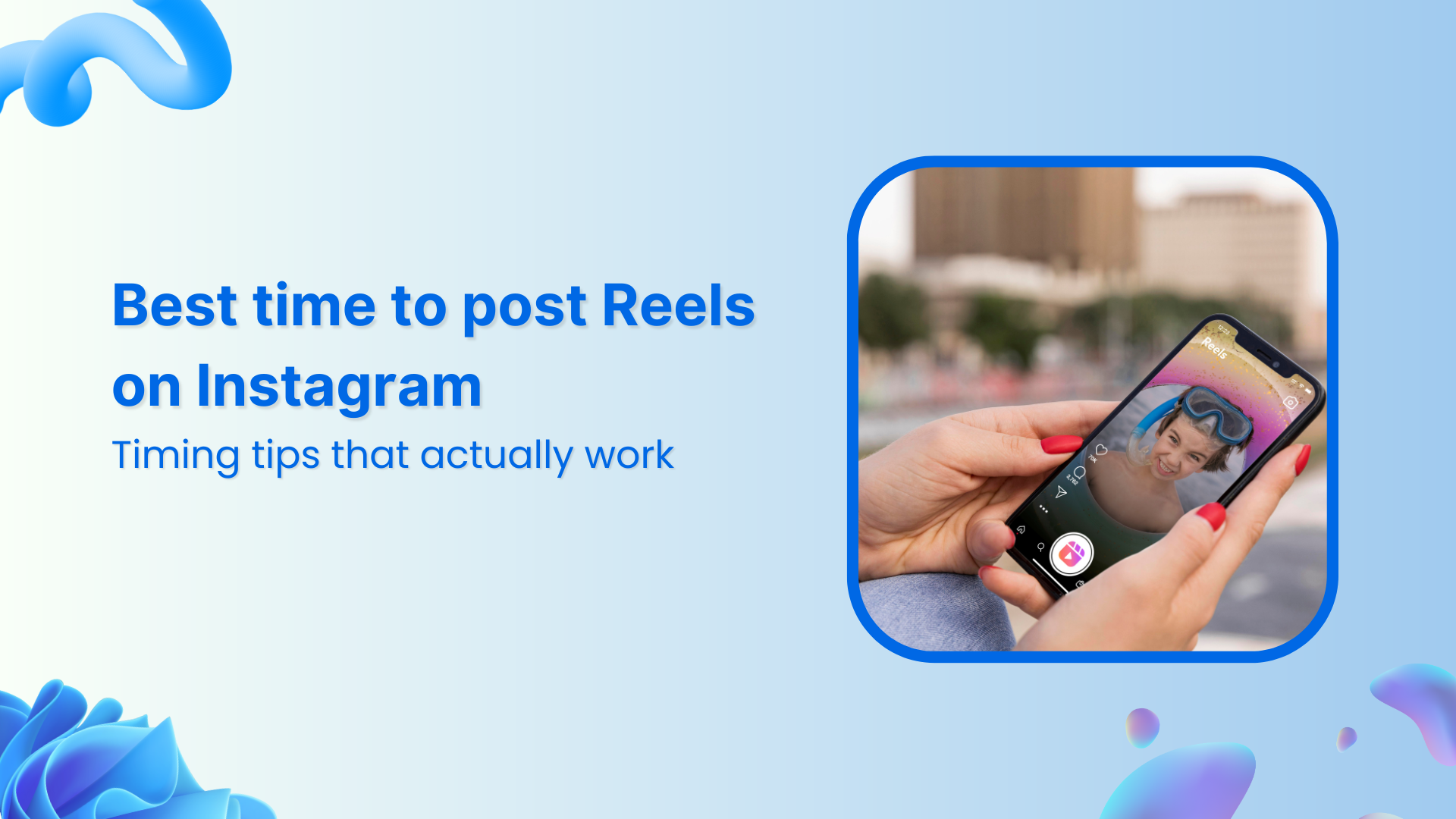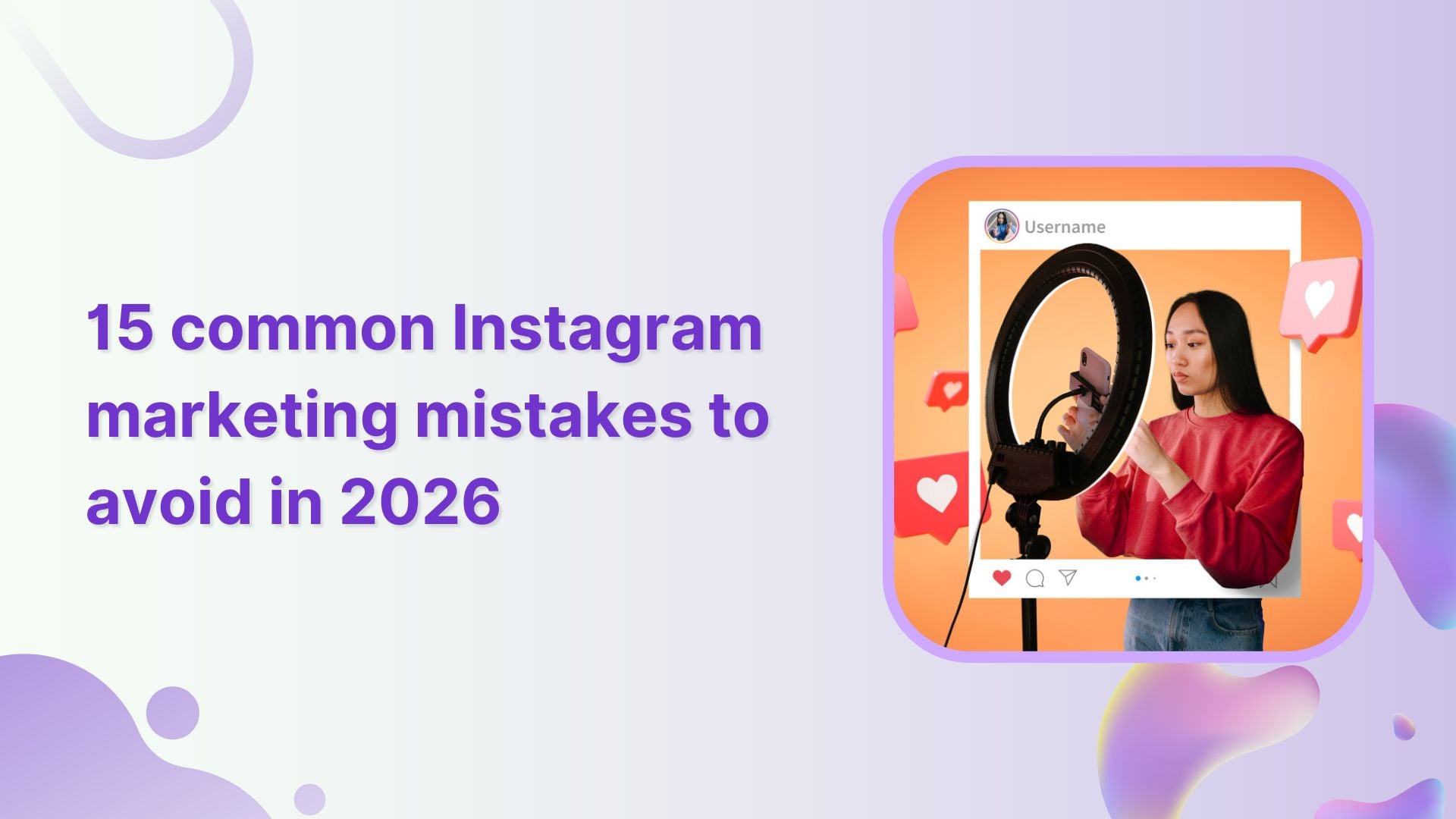Bulk-generate & schedule posts in seconds with Smart Scheduling. Try now!
How to Write a Good Tweet?
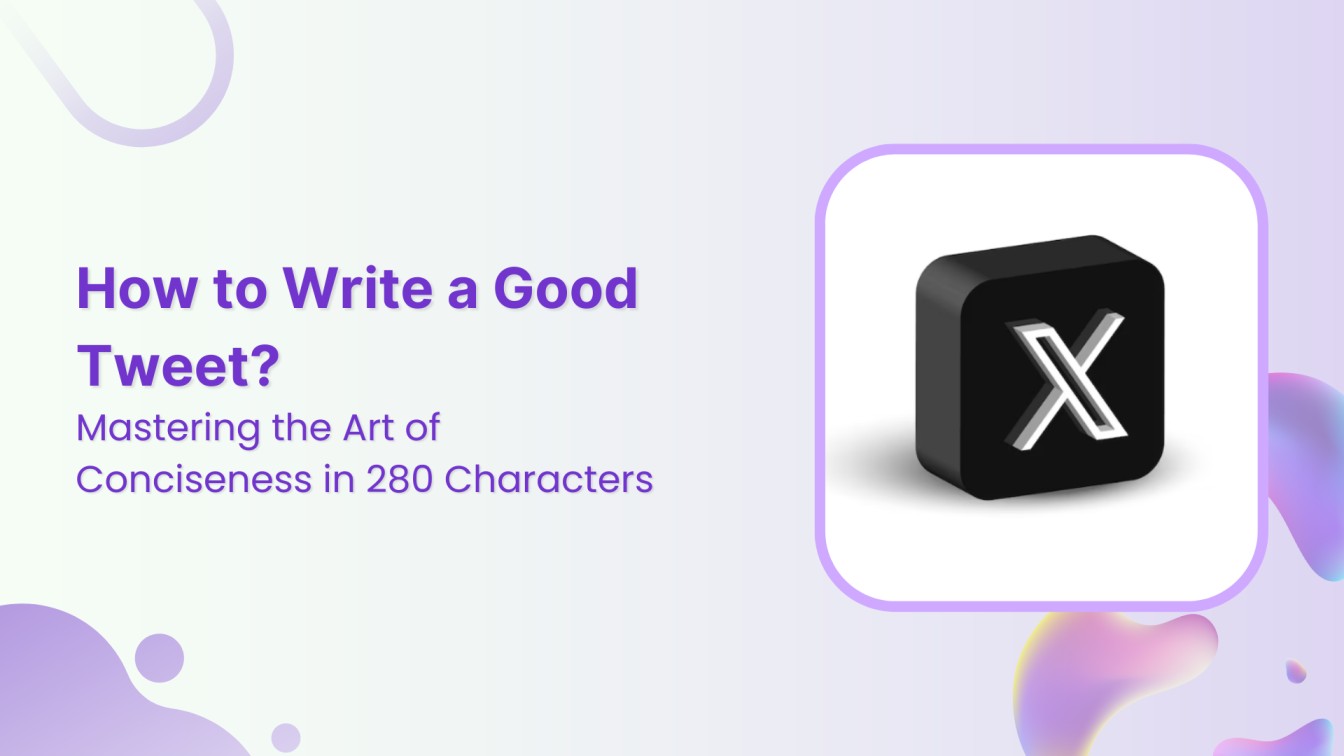
Hey, Tweeps! Have you ever struggled to express a profound thought in just 280 characters? Fear not! In this quick guide, we’ll reveal how to weave the perfect tweet that will leave your followers craving more.
X (Twitter) Marketing Schedule perfectly crafted tweets and manage your X (Twitter) content with a unified content calendar.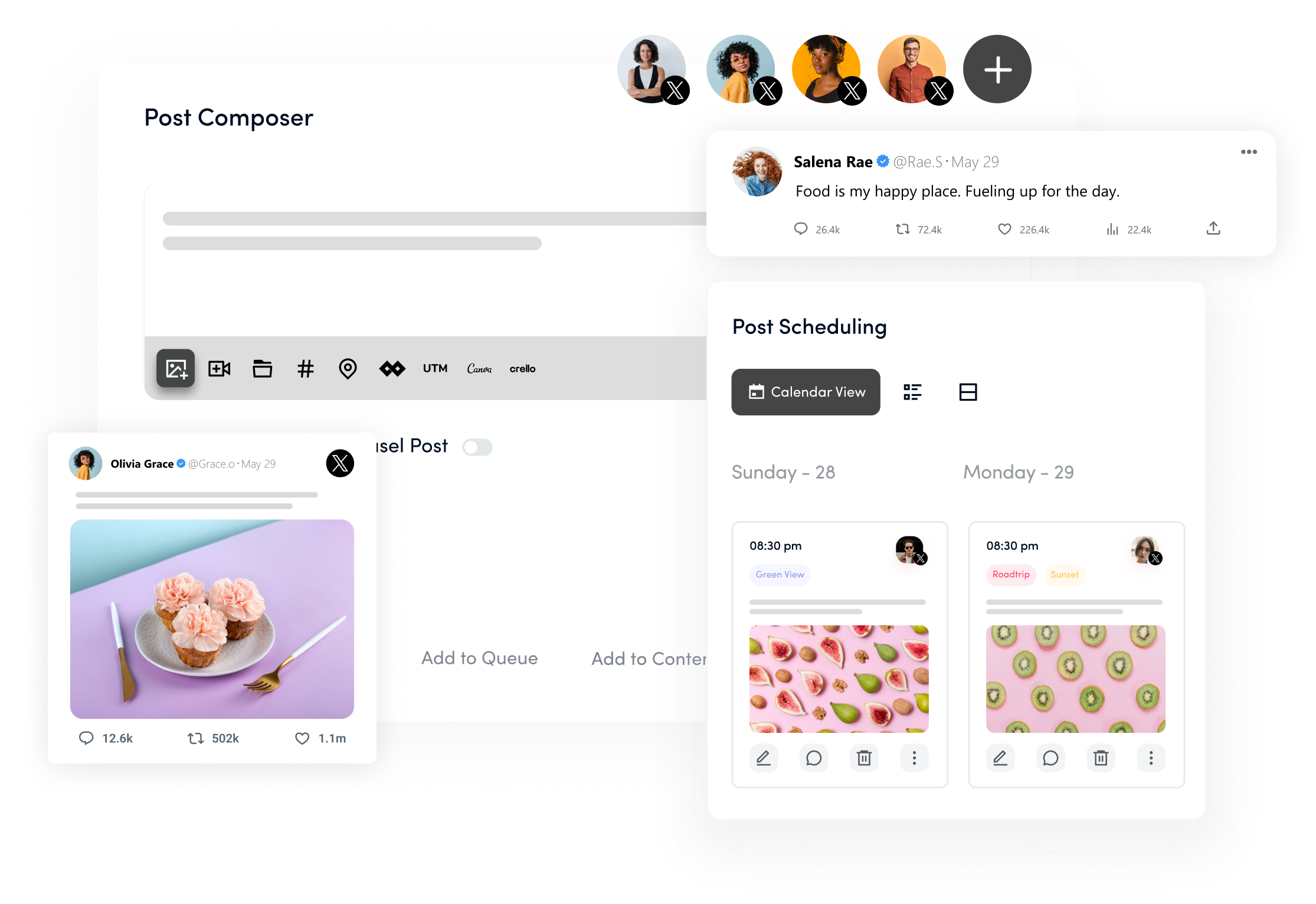
Steps to write a good tweet
Here are some tips on how to write a good tweet that captivates your audience and sparks engagement.
1. Know your audience:
Understanding your target audience is the prime step in creating a compelling tweet. Consider your followers’ interests, preferences, and language. Compose your message to resonate with them, using a tone and style that align with their expectations.

2. Keep it concise:
With only 280 characters to work with, brevity is key. Get straight to the point and eliminate unnecessary words. Use clear and concise language to make your tweet easily digestible for your audience. If your message can’t fit in one tweet, consider breaking it down into a thread.
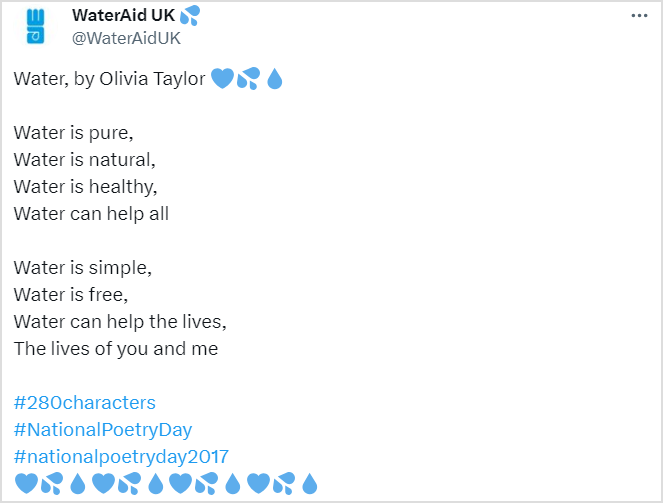
3. Utilize hashtags wisely:
Hashtags can increase the discoverability of your tweet, but using too many or irrelevant ones can be counterproductive. Limit your use of hashtags to one or two relevant keywords. Research frequently used hashtags in your niche to maximize visibility.
Read Up: Twitter (X) Hashtags: 8 Ways to Use Them Effectively

4. Incorporate visuals:
A picture is worth a thousand words, which holds true in tweets. Add eye-catching visuals such as images, GIFs, or videos to make your tweet stand out. Tweets with media content tend to attract more attention and engagement.
P.S. Wondering how to tweet a GIF on Twitter?

5. Encourage engagement:
Ask questions, run polls, or prompt your audience to share their thoughts. Encouraging interaction not only boosts your tweet’s visibility but also helps build a sense of community around your profile.
Quick Read: How Brands Boost X (formally Twitter) Engagement With Humor
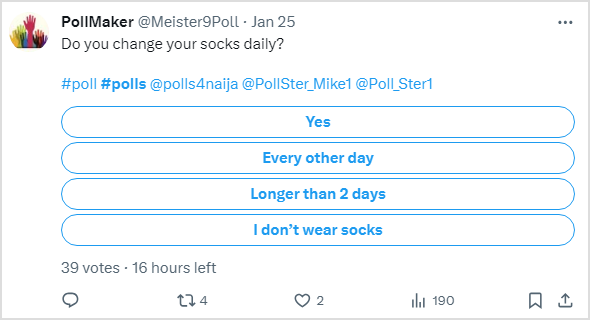
6. Use emojis thoughtfully:
Emojis can enhance your social media presence and add emotion or personality to your tweets. However, use them sparingly and ensure they complement your message. Emojis can convey feelings that words alone may not capture.
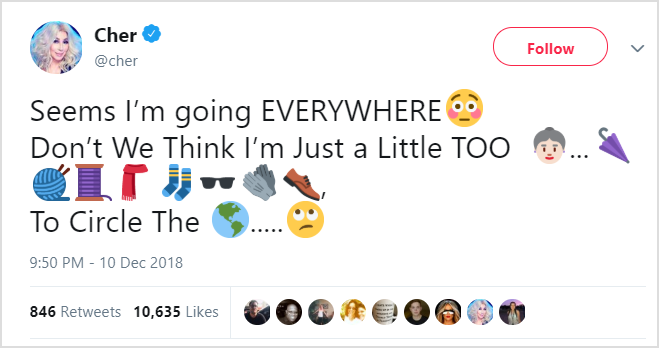
7. Edit and proofread:
Even though tweets are short, typos and grammatical errors can detract from your message. Take a moment to review your tweet before hitting the send button. Correcting errors enhances the professionalism of your profile. Editing and proofreading is a breeze with ContentStudio.
8. Timing matters:
Consider the timing of your tweets to maximize reach. Research shows that different times of the day may be more effective for different audiences. Experiment with posting at various times and analyze metrics to determine the optimal posting schedule.
Find Out: What is The Best Time to Post on X (formally Twitter) in 2024
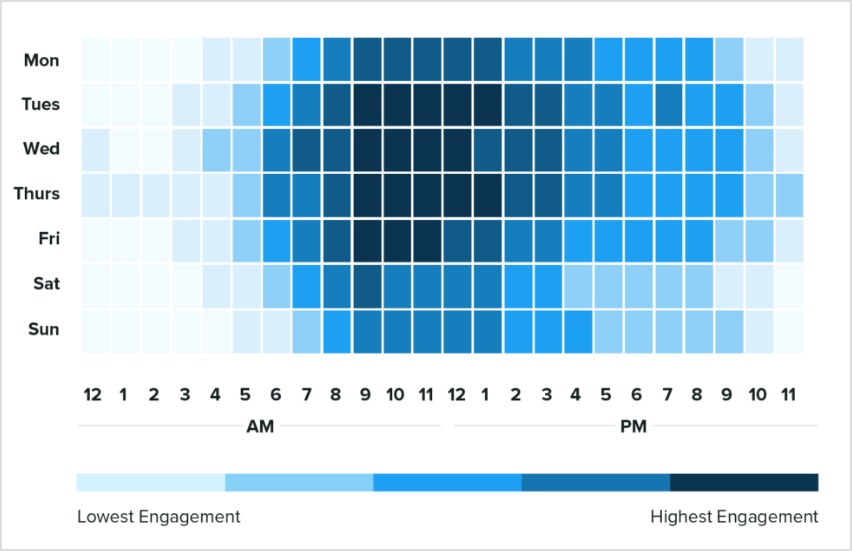
That’s all for today’s guide. By following these tips, you can enhance your Twitter presence, increase engagement, and leave a lasting impression on your followers. Happy tweeting!
FAQs
How do you write a good tweet example?
Craft a concise message, add a relevant hashtag or two, and always keep it authentic.
How do you make a perfect tweet?
Create a compelling message, complement it with visuals, and engage your audience authentically.
How do I start a tweet?
Grab attention with a captivating hook, express your message concisely, and consider adding relevant hashtags or visuals.
Why tweet one word?
Tweeting one word can create curiosity, evoke emotions, or serve as a minimalist expression, inviting engagement and sparking conversations.
What’s a good first tweet?
Craft a captivating first tweet by introducing yourself or sharing a compelling thought that reflects your personality and interests.
Recommended for you


Powerful social media management software
14-day free trial - No credit card required.
